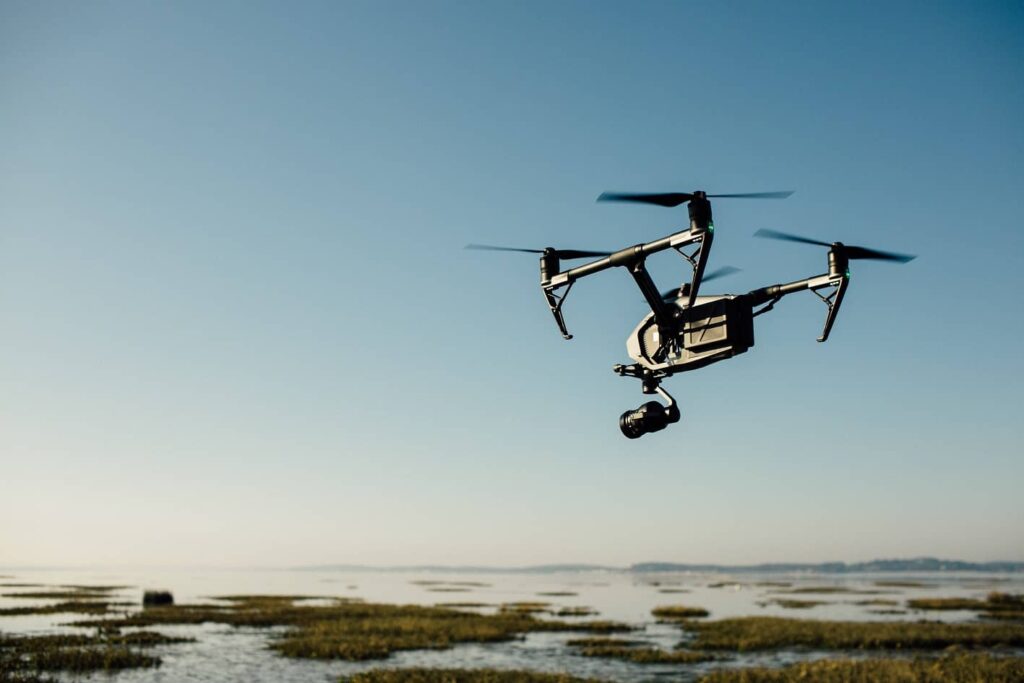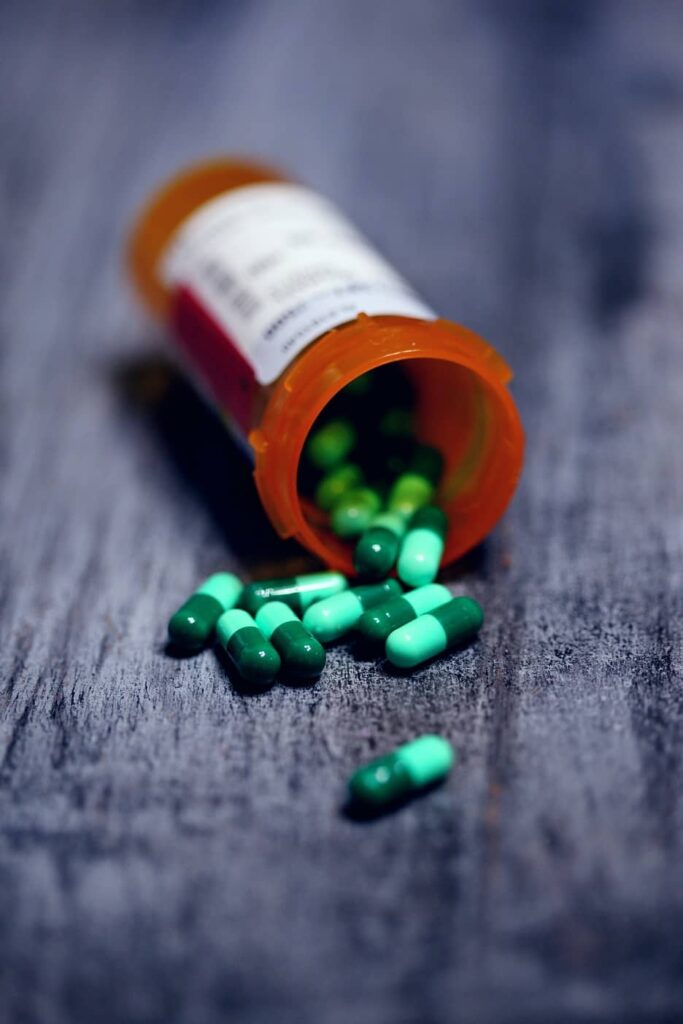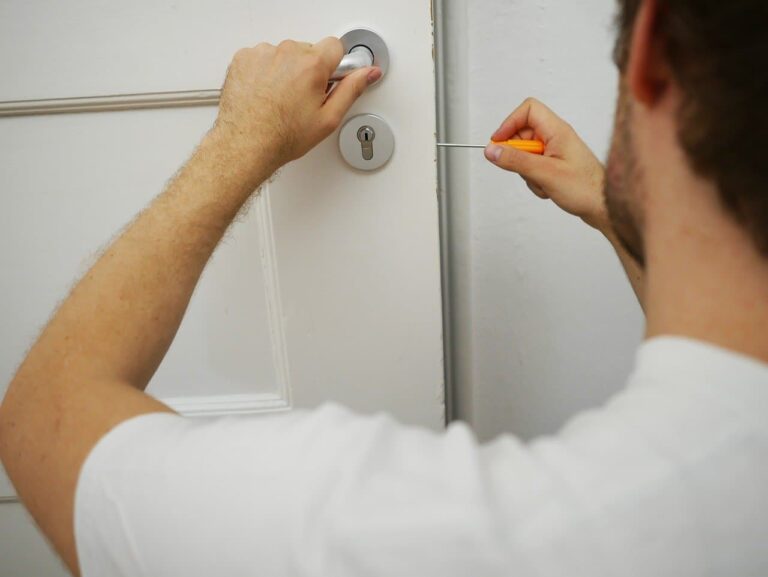Two projects for drug delivery by drone
Unmanned aerial systems (UAS), or drones as they are more commonly known, are taking on more and more tasks in logistics and transportation. Two projects are currently underway that are dedicated to the topic of aerial drug delivery. Both projects are investigating the extent to which drones can automate the transport of medicines and thus contribute to improvements in the healthcare system.
The pharmacy drone app



The pharmacy drone app (ADApp) project began with a partnership between pharmacist Martin Grünthal and entrepreneur Sirko Scheffler with his company brain-SCC for portal solutions and interface programming. The idea of an app that would enable the ordering and delivery of medicines by drone was born.
The two were able to win additional partners for the development of the pharmacy drone app. On the one hand, the Alliance Translational Region for Digitized Healthcare (TDG) of the University Medicine Halle (Saale) in Germany, on the other hand, the Berlin-based drone manufacturer DiAvEn, which is to take over the operation of the delivery drones. Also on board is Anhalt University of Applied Sciences, which is to provide logistical handling.
In addition, a grant of 676.000 euros from the German Federal Ministry of Education and Research (BMBF) was obtained for the development of the pharmacy drone app.
The project was launched with a term of two years on March 31, 2021, and is led by the University of Halle (Saale). The focus is on the development, testing and evaluation of the pharmacy drone app and the associated delivery of medicines by drone.
On the one hand, the acceptance of the technology among the population is to be researched, and on the other hand, the effects on medication safety as well as general health care.
In addition to nursing homes and family doctors’ offices, the main focus will be on elderly people and people with limited mobility in rural regions.
According to Professor Dr. Patrick Jahn of the University Medical Center Halle, the ADApp project is a prime example of the linking of business and science for the benefit of society.

In addition, relieving the burden on family caregivers and nursing staff is an important goal that can be achieved with the ADApp, says co-initiator Martin Grünthal. In his opinion, the development is moving toward the e-prescription, which, in connection with medication delivery by drone, enables contactless care for people. Particularly with regard to a global pandemic, digitization could provide good services, Grünthal said.
Sirko Scheffler, head of brain-SCC, a company involved in the project, also notes: “The crucial thing is that we’re talking about sensitive data that needs to be protected. In addition, it must be ensured that the medication arrives safely and precisely at the person for whom it is intended. So the pharmacy drone app we are developing has to meet many requirements, including various interfaces for communication between the user, the recipient and the drone.”
According to Tim Fischer, CEO of DiAvEn, the introduction of the new EU drone regulation also means that for the first time there is the necessary legal framework for the use of drones beyond the sight of the drone pilot. The Berlin-based startup entrepreneur is already conducting another project together with the Charité hospital in Berlin on the topic of transporting medications by drone. For this, the in-house drone “labfly” is used, which is also the basis for drug transport with the ADApp.
Drone drug delivery for smaller hospitals
Another project related to the transport of medicines by drone is currently being tested by researchers at the University of the Federal Armed Forces in Munich in collaboration with the aerospace company Quantum-Systems GmbH.
The joint research project “MEDinTime” is designed to explore the exchange of medications between large clinics and small hospitals. Drones are to ensure that medicines are delivered automatically, reliably and safely to regional clinics.
Other project partners include Ingolstadt Technical University, the district of Pfaffenhofen an der Ilm and the Bavarian Red Cross.
The project is currently being tested at Ingolstadt Hospital, from where medicines are to be delivered to surrounding hospitals by drone. The impetus for the project came from the fact that regional hospitals currently have to operate costly emergency pharmacies in order to keep a constant supply of even rare emergency medications. The researchers at Bundeswehr University now want to find out whether real-time drone operation between clinics can provide a safe and more cost-effective alternative to current practice.
The drones or “transition aircraft” used for delivery are from project partner Quantum-Systems and can complete flights of up to 100 kilometers. The drones will be equipped with refrigerated, detachable transport boxes for medication transport, which meet the legal requirements for transporting medications.
Also being tested is dynamic route selection, which can be independently adjusted by the drones during flight to respond to different events in real time.
To ensure this, data from different sources will be coordinated. This includes topological data from geoinformation systems, weather data and information on temporary obstacles as well as no-fly zones.






